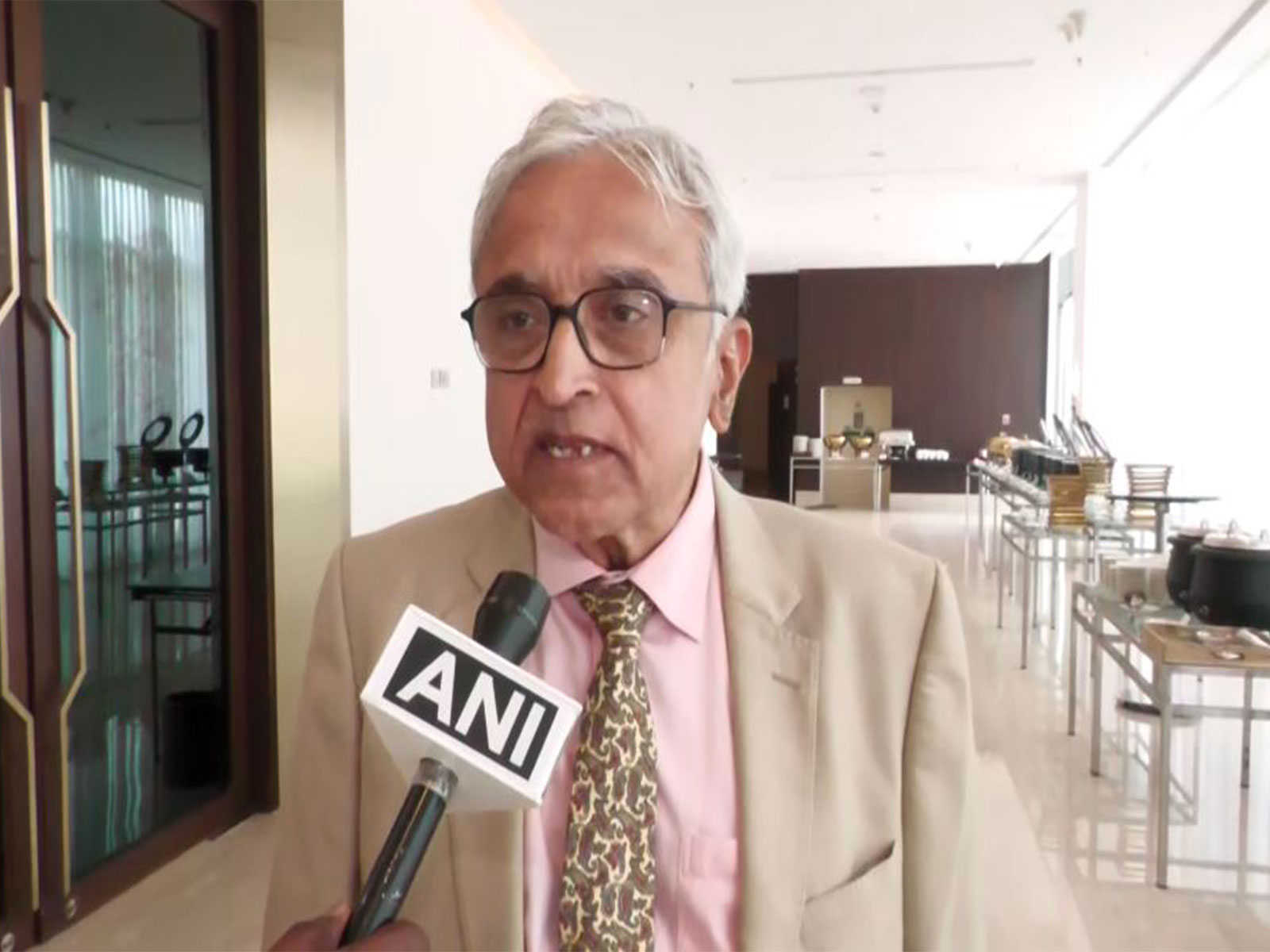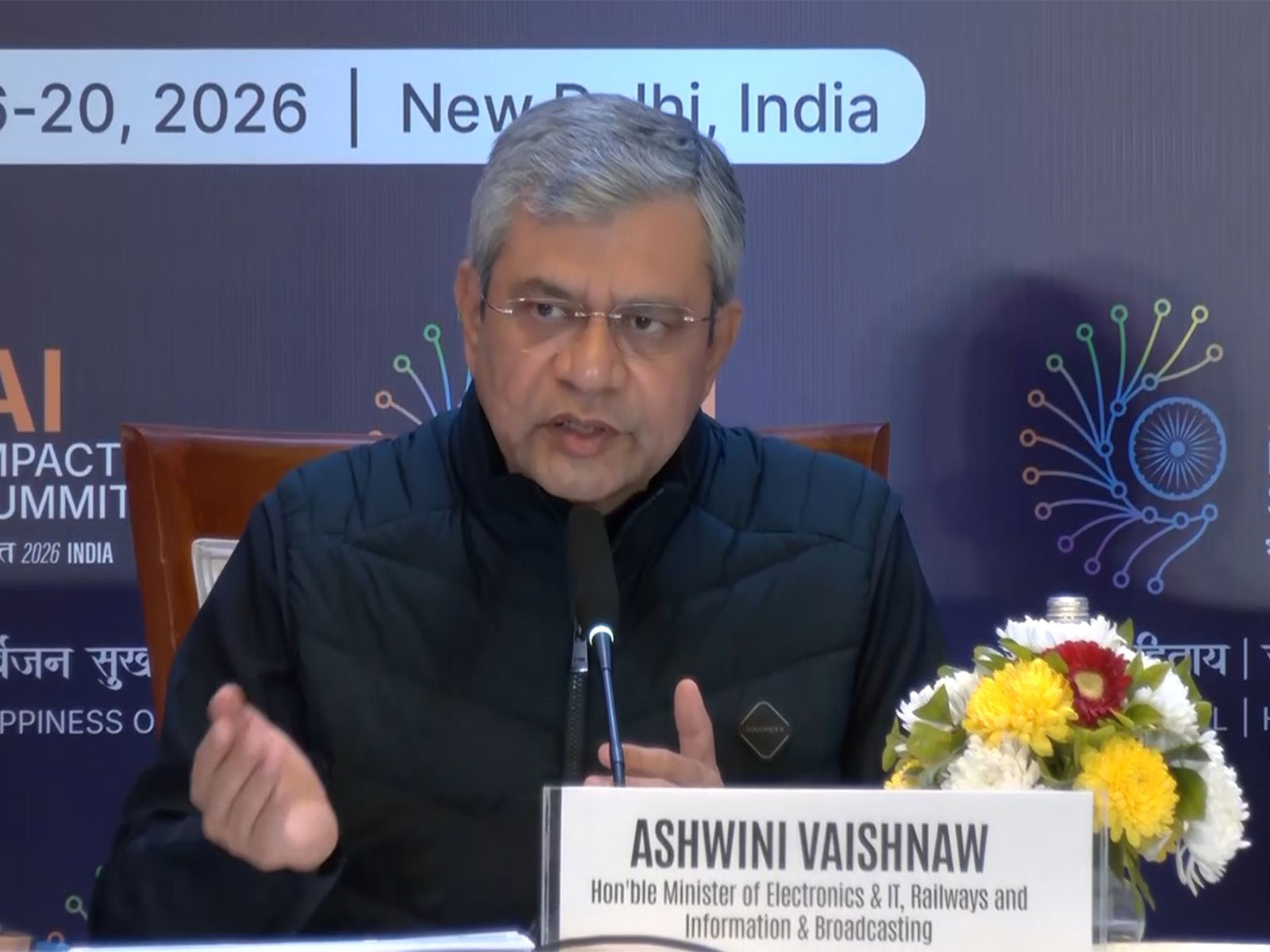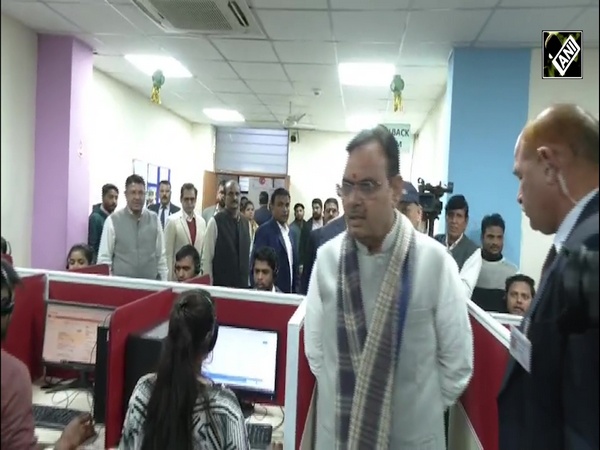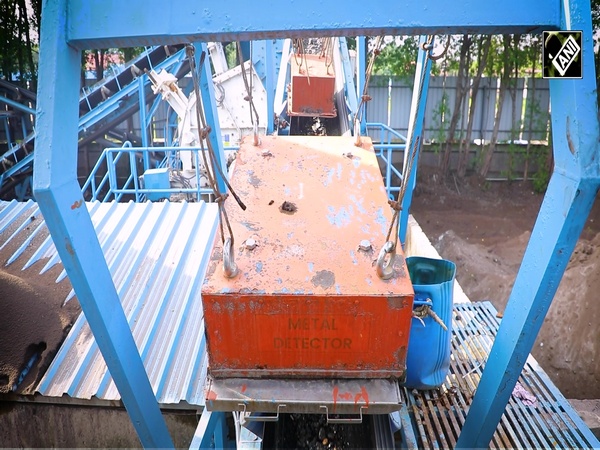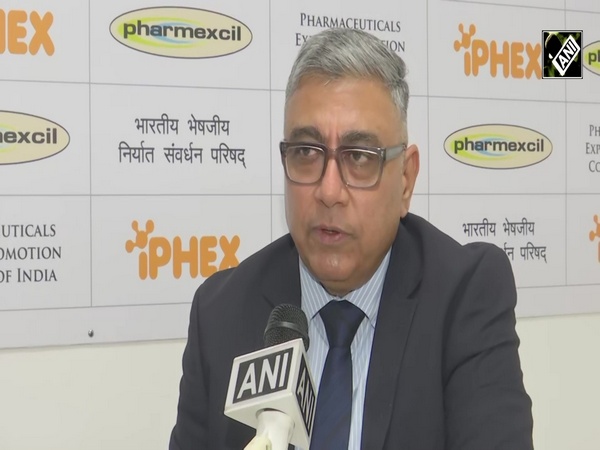Dematerialisation and the Role of Depositories in the Market
Aug 04, 2023

ATK
New Delhi [India], August 4: In today's digital age, the concept of dematerialisation has revolutionised the way we handle securities. Dematerialisation refers to the process of converting physical securities, such as share certificates and bonds, into electronic form. This transformation eliminates the need for paper certificates and offers several significant advantages to investors, including ease of trading, reduced risk, cost efficiency, and investor convenience.
Benefits of dematerialisation
Ease - One of the primary benefits of
is the ease of trading it offers to investors. By holding their securities in electronic form, investors can quickly and efficiently buy or sell their holdings through a simple online process. This eliminates the need for the physical transfer of securities and significantly reduces the time taken for settlement. In contrast to the traditional method of physical transfer, which could take weeks, electronic transfers are often completed within a matter of minutes or hours, making the market more agile and responsive.
Reduced risk - Dematerialisation minimises the risk associated with physical securities. With paper certificates, investors face the threat of loss, theft, or damage, which may result in a complete loss of their investment. By converting these securities to electronic form, the risk of physical loss or damage is eliminated. This improves the overall safety of investments, enhancing investor confidence in the market.
Cost effectiveness - Cost efficiency is another significant advantage of dematerialisation. Holding physical securities involves costs related to storage, handling, and safekeeping, both for investors and market intermediaries. However, with electronic holdings, these costs are virtually eliminated, leading to significant cost savings. Investors no longer need to worry about keeping physical certificates safe or paying fees for their storage, while intermediaries can streamline their operations and reduce administrative expenses.
One-stop access to securities - Dematerialisation offers unprecedented convenience to investors. With a Demat account, investors can access their holdings and detailed transaction history at any time through online portals provided by depositories. This empowers them to track their investments, monitor market movements, and make informed decisions conveniently from the comfort of their homes or offices. Consequently, investors can manage their portfolios more efficiently and take advantage of investment opportunities promptly.
The Role of depositories
Central to the dematerialisation process are depositories, which play a vital role in the market. Depositories act as custodians for electronic securities, safeguarding the interests of investors and facilitating smooth transactions.
An investor or entity has to
with a depository to encash the benefits of dematerialisation. Depositories serve as the backbone of the dematerialisation process. These institutions act as intermediaries between investors, stock exchanges, and other market participants. Their primary role is to hold investors' securities in electronic form and facilitate the smooth functioning of the market.
There are two prominent depositories in India, the Central Depository Services Limited (CDSL) and the National Securities Depository Limited (
). To open a demat account is a catchphrase often associated with these depositories, as individuals or entities need to open an account with one of them to participate in the dematerialisation process.
Depositories provide a wide range of services to investors, including the issue and acceptance of electronic securities, settlement of trades, holding and transferring securities, and record maintenance. They ensure compliance with regulatory requirements and maintain the integrity of the market by enforcing strict standards and procedures.
Additionally, depositories add an extra layer of security to the market. They implement robust systems and technologies to safeguard investors' holdings, protecting them against fraudulent activities and unauthorised access. By reducing the risk of theft or forgery, they contribute to the overall trustworthiness of the market, attracting more investors and fostering its growth.
Conclusion
Dematerialisation has transformed the securities market by eliminating the need for physical securities and replacing them with electronic holdings. Open Demat account is a critical step in the dematerialisation process, allowing individuals and entities to participate in the market efficiently. Depositories play a vital role in this process as custodians of electronic securities, providing a range of services and ensuring the integrity and security of the market.
Dematerialisation offers numerous advantages, including ease of trading, reduced risk, cost efficiency, and convenience for investors. By embracing dematerialisation and utilising the services of depositories, investors can take full advantage of the opportunities provided by the digital era, further driving the growth and development of the securities market.
(Disclaimer: The above press release has been provided by ATK. ANI will not be responsible in any way for the content of the same)

